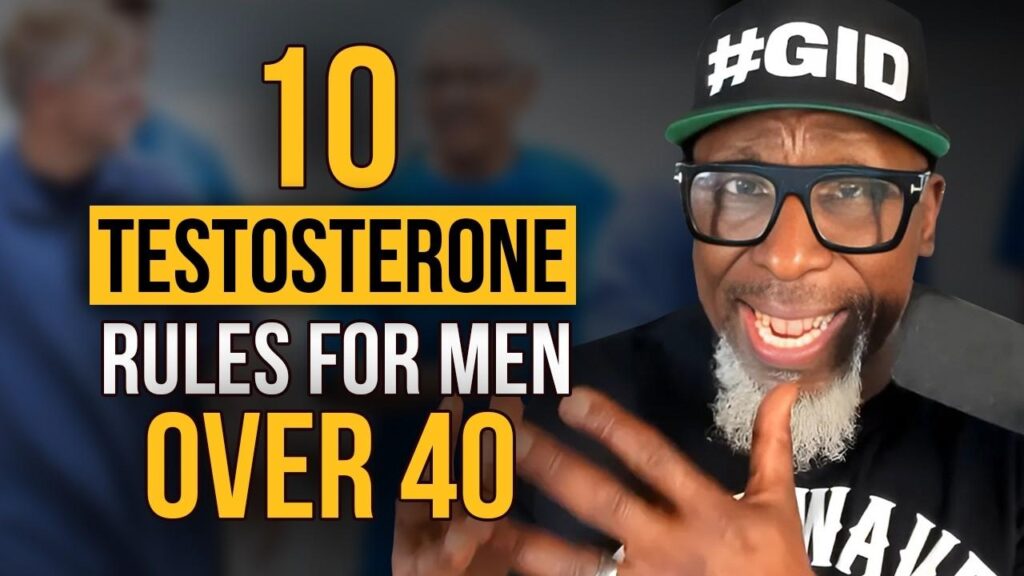In the evolving landscape of competitive sports, the intersection of gender, biology, and fairness continues to spark intense debate. At the heart of this discourse are elite athletes like Annet Negesa and Maximila Imali, whose outstanding performances have thrust them into the spotlight – not just for their athletic prowess, but for the complex battles they face over testosterone regulations. As these trailblazers fight for acceptance and recognition, their stories highlight the broader challenges of inclusivity and equity in athletics, raising urgent questions about how sports define and measure fairness in the 21st century.
Testosterone Rules Challenge The Boundaries of Fair Play in Elite Sports
The careers of athletes like Annet Negesa and Maximila Imali illuminate a growing tension within elite sports: how to balance integrity with inclusivity when biological factors like testosterone levels come into play. Both athletes have faced scrutiny due to regulations that mandate hormone testing and possible intervention to compete in women’s categories. These rules, designed to level the playing field, have sparked intense debate about whether they unfairly target certain competitors or protect fair competition. Negesa and Imali’s stories reveal more than individual struggle; they expose systemic challenges in governing bodies grappling with how to define gender and competition in a complex biological landscape.
Critics argue that the current testosterone policies:
- Enforce invasive medical procedures on athletes to lower hormone levels, raising ethical concerns
- Fail to adequately consider genetic diversity and the natural advantages present across all sports
- Create uncertainty and stress for competitors whose eligibility can be suddenly questioned
Meanwhile, supporters maintain that these measures are essential to uphold fair competition standards, especially in sprint and middle-distance events where testosterone can significantly impact performance. As this debate persists, the stories of Negesa and Imali stand at the forefront, pushing sports organizations to reconsider or reinforce policies that define the future of fairness and acceptance in elite athletics.
| Athlete | Discipline | Testosterone Policy Impact |
|---|---|---|
| Annet Negesa | Middle-distance running | Underwent mandatory hormone regulation to compete |
| Maximila Imali | Sprinting events | Faced eligibility challenges due to natural testosterone levels |
Annet Negesa and Maximila Imali Navigate the Complexities of Gender and Competition
In the fiercely competitive world of athletics, Annet Negesa and Maximila Imali have emerged not only as champions on the track but also as pivotal figures in the ongoing debate surrounding gender identity and athletic eligibility. Both athletes have faced intense scrutiny as their performances challenge traditional notions of fairness within women’s sports, particularly under the lens of testosterone levels. Their journeys highlight the complex intersection of biology, policy, and personal determination-where sports regulations are constantly evolving but often lag behind the realities faced by these competitors.
Navigating this terrain demands courage and resilience, as decisions made by governing bodies directly affect their careers and public perception. Key elements of their struggle include:
- Testosterone regulations: How thresholds impact eligibility and competitive equity
- Identity and inclusion: Balancing respect for personal identity with fairness in competition
- Psychological toll: Managing public scrutiny and pressure while striving for athletic excellence
Below is a brief comparison of their recent performance times against typical qualifying standards, underscoring their elite status despite external controversies:
| Athlete | 100m Time | 200m Time | Qualifying Standard | ||||||||||||||||||
|---|---|---|---|---|---|---|---|---|---|---|---|---|---|---|---|---|---|---|---|---|---|
| Annet Negesa | 11.23 s | 23.02 s | 11.40 s / 23.20 s | ||||||||||||||||||
| Maximila Imali |
In the fiercely competitive world of athletics, Annet Negesa and Maximila Imali have emerged not only as champions on the track but also as pivotal figures in the ongoing debate surrounding gender identity and athletic eligibility. Both athletes have faced intense scrutiny as their performances challenge traditional notions of fairness within women’s sports, particularly under the lens of testosterone levels. Their journeys highlight the complex intersection of biology, policy, and personal determination-where sports regulations are constantly evolving but often lag behind the realities faced by these competitors. Navigating this terrain demands courage and resilience, as decisions made by governing bodies directly affect their careers and public perception. Key elements of their struggle include:
Below is a brief comparison of their recent performance times against typical qualifying standards, underscoring their elite status despite external controversies:
|





